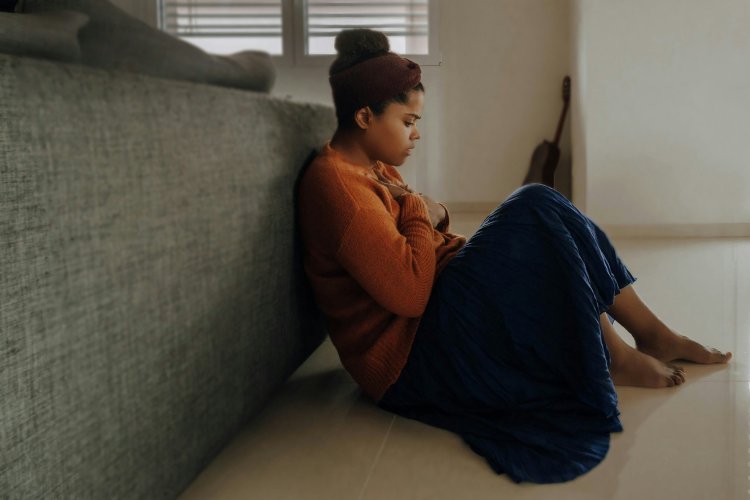Benefits of Anxiety Treatment and Daily Strategies for Managing Anxiet
This article explores the benefits of treating anxiety and provides practical, day-to-day strategies to manage it effectively.

Anxiety is a natural response to stress, but when it becomes chronic or overwhelming, it can disrupt daily life. The good news is that anxiety treatment offers a pathway to reclaiming control, improving mental health, and enhancing overall well-being. This article explores the benefits of treating anxiety and provides practical, day-to-day strategies to manage it effectively.
Benefits of Anxiety Treatment
-
Improved Mental Health
Treating anxiety helps reduce feelings of worry, fear, and unease. Therapy and medication can provide relief from constant mental strain, creating space for clarity and peace of mind. -
Enhanced Physical Health
Anxiety is linked to physical symptoms such as headaches, muscle tension, and digestive issues. Treatment can alleviate these symptoms by addressing the root cause, leading to improved physical health. -
Better Relationships
Anxiety often affects personal and professional relationships by creating misunderstandings or communication barriers. Treatment fosters self-awareness and emotional regulation, enabling healthier interactions with others. -
Increased Productivity
Chronic anxiety can impair focus and decision-making. Effective treatment restores confidence and mental energy, allowing individuals to excel in their personal and professional pursuits. -
Long-Term Coping Skills
Therapy provides tools and strategies for managing anxiety in the future, making it easier to navigate life’s challenges with resilience and confidence.
How to Treat Anxiety Day by Day
While professional treatment is vital, self-care and daily practices also play a crucial role in managing anxiety. Here are some actionable steps to integrate into your routine:
-
Establish a Morning Routine
Start your day with calming practices like meditation, deep breathing, or light exercise. This sets a positive tone and reduces stress. -
Practice Mindfulness
Engage in activities that anchor you in the present moment, such as yoga, journaling, or simply observing your surroundings. Mindfulness helps break the cycle of overthinking. -
Maintain a Balanced Diet
Certain foods, such as those rich in omega-3 fatty acids, magnesium, and antioxidants, can support brain health and reduce anxiety symptoms. -
Get Regular Exercise
Physical activity releases endorphins, which are natural mood boosters. Even a 20-minute walk can significantly lower stress levels. -
Set Realistic Goals
Break tasks into smaller steps to prevent feeling overwhelmed. Celebrate small achievements to build confidence and reduce worry. -
Connect with Supportive People
Sharing your feelings with trusted friends or family members can provide relief and perspective. Social connections are powerful in combating loneliness and anxiety. -
Limit Caffeine and Alcohol
These substances can exacerbate anxiety. Opt for calming alternatives like herbal teas or water. -
Prioritize Restful Sleep
Develop a bedtime routine that encourages relaxation, such as reading, using essential oils, or listening to soothing music. -
Practice Gratitude
Reflect on positive aspects of your life. Gratitude journaling shifts focus away from worries and promotes a more optimistic outlook. -
Seek Professional Help When Needed
Regular therapy sessions, medication prescribed by a healthcare provider, or support groups can offer significant relief and guidance.
Conclusion
Anxiety treatment is a transformative process that enhances emotional, physical, and social well-being. By embracing both professional help and daily self-care practices, individuals can effectively manage anxiety and enjoy a more fulfilling life. Remember, small, consistent steps lead to lasting progress. If you or someone you know struggles with anxiety, reaching out for help is a courageous and essential first step.
What's Your Reaction?





















